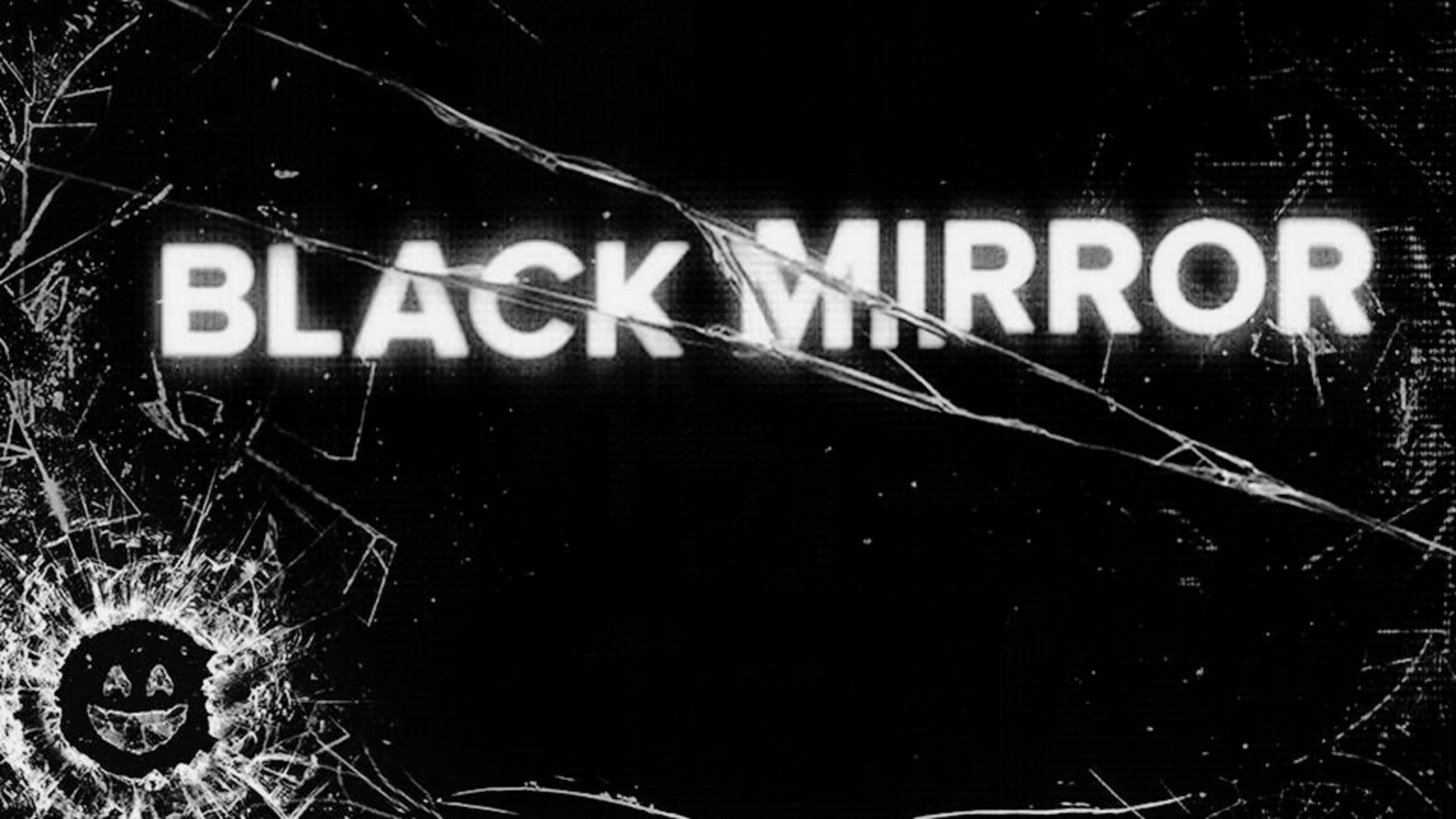
FAQ About Black Mirror

How does Black Mirror compare to other anthology series?
Black Mirror stands out among other anthology series for its unique blend of speculative fiction, technology-driven narratives, and social commentary. While comparisons between anthology series can be subjective, here are a few aspects that distinguish Black Mirror from other shows in the genre:
- Technological Focus: Black Mirror's primary focus on technology and its potential implications sets it apart. The series explores the dark side of technological advancements, examining how they can impact individuals, relationships, and society at large. It delves into themes such as artificial intelligence, virtual reality, social media, and surveillance, offering a cautionary and thought-provoking perspective.
- Dystopian Vision: Black Mirror often presents a dystopian vision of the future, exploring the potential negative consequences of technological progress. It highlights the ways in which our reliance on technology can lead to ethical dilemmas, loss of privacy, and moral quandaries. This dystopian lens differentiates it from other anthology series that may focus on different genres or storytelling approaches.
- Standalone Episodes: Each episode of Black Mirror is a self-contained story, allowing viewers to jump in and watch episodes independently without needing prior knowledge or continuity. This episodic format offers a diverse range of narratives, tones, and settings, making each episode a distinct viewing experience.
- Provocative Social Commentary: Black Mirror uses its speculative narratives to comment on various social, cultural, and ethical issues. It prompts viewers to reflect on their own relationship with technology and society, often offering a critical lens on contemporary topics. The series encourages discussions and introspection regarding the potential consequences of our increasingly interconnected world.
